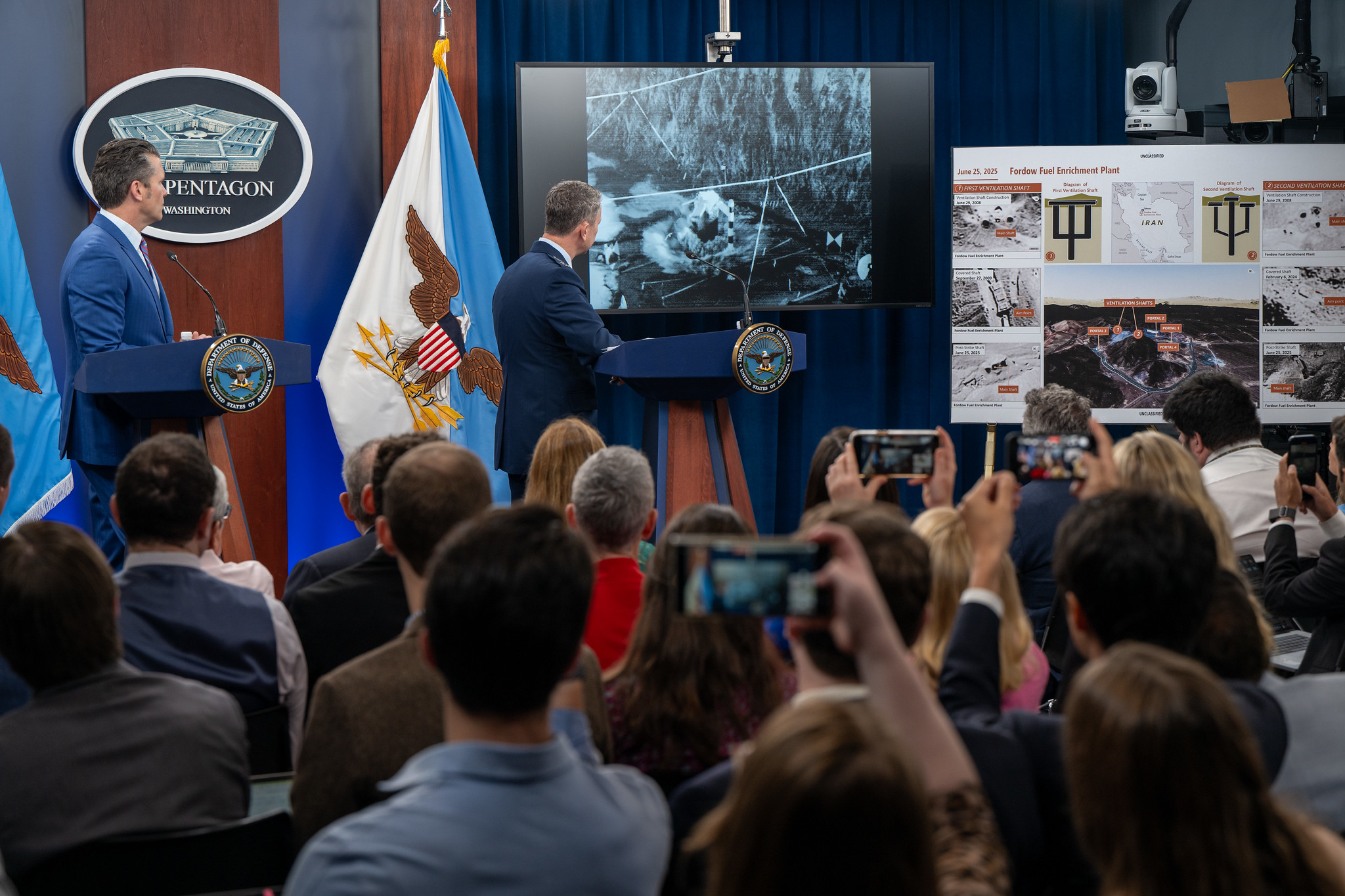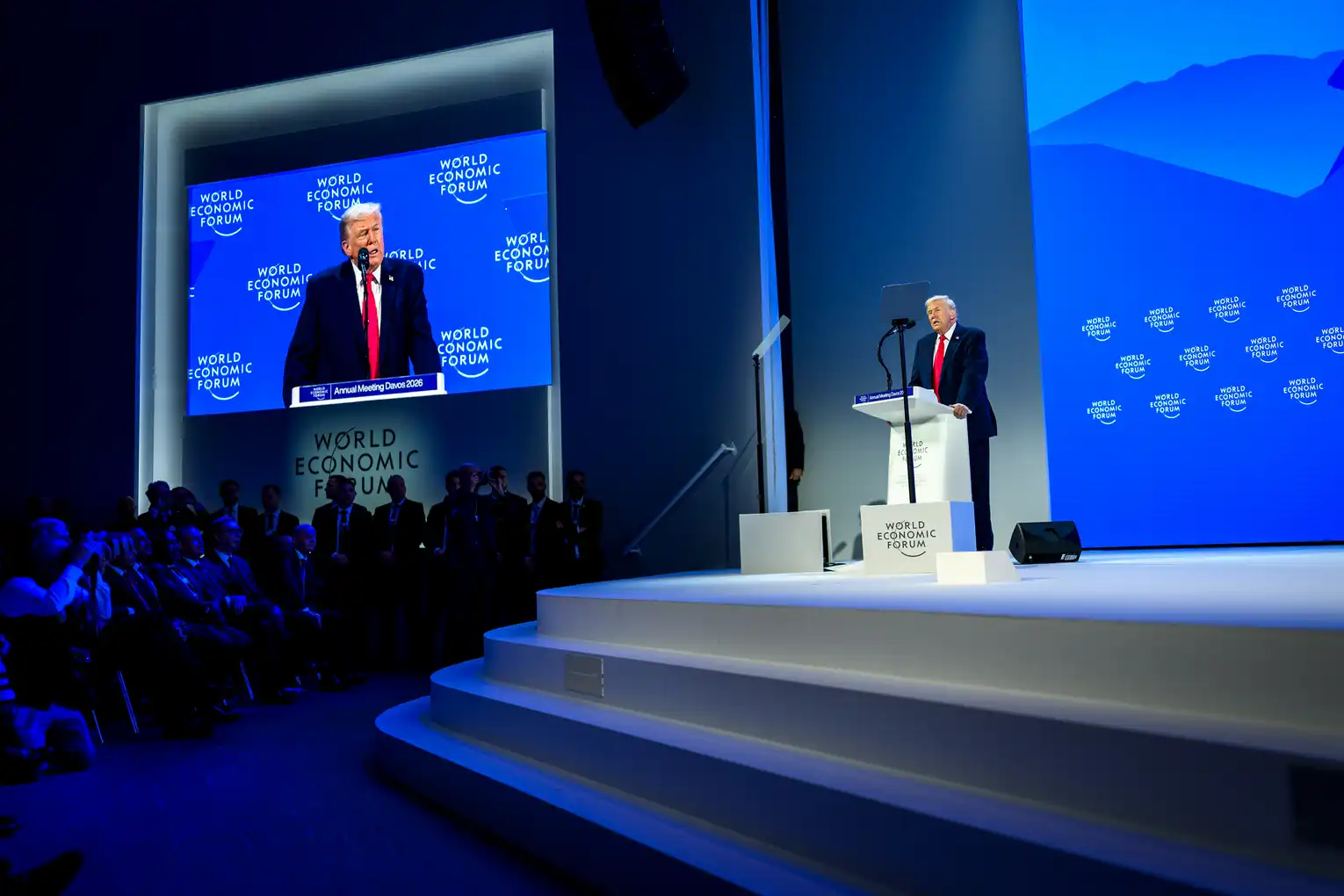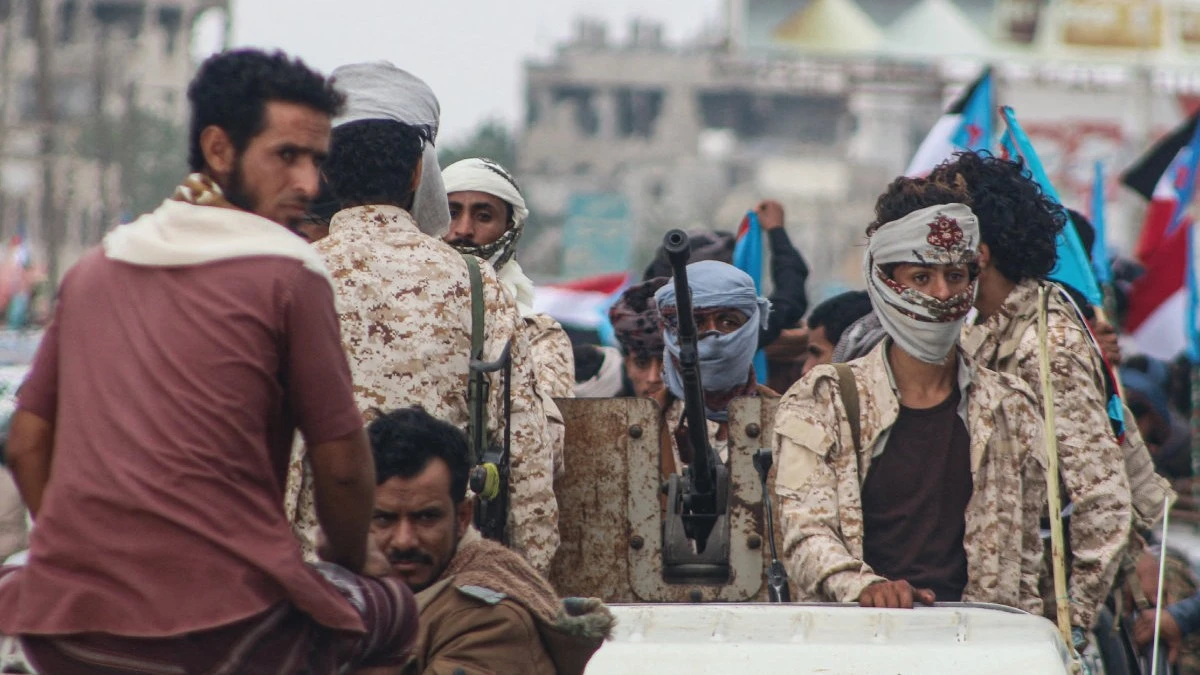Story at a glance…
-
Following the US and Israel’s attacks on Iran’s civilian nuclear program, key security paradigms in East Asia will undoubtedly be shaken.
-
This includes the fragile state of non-proliferation, especially as it relates to North and South Korea, but also threats of espionage in Taiwan.
-
Once of China’s largest Asiatic investment and security partners was attacked but the lack of retaliation or support may raise doubts in Tehran about Beijing’s true commitments.
On June 13th, Israel launched a devastating sneak attack on Iran while its enemy was engaged in fraudulent negotiations with the United States. As Israeli jets pounded nuclear enrichment sites at Isfahan, Fordow, and Natanz, a network of spies of intelligence assets allowed the Zionists to assassinate multiple Iranian military commanders and nuclear scientists. Then, on June 22nd, the United States joined the conflict by striking the three Iranian nuclear facilities with a combination of 125 planes and submarines.
From thousands of miles away, four East Asian nations watched and likely knew that some things would be forever changed by the attack, and that substantial questions would need to be asked of existing security and defense policy, non-proliferation commitments, and even ideological positions.
South Korea will have seen the consequences of facing a nuclear-armed rogue state in Israel without one’s own nuclear deterrent, and that a latent deterrent as Iran had, was not enough to dissuade an ideologically determined foe. At the same time, Seoul will also have seen the consequence for pursuing and holding a latent deterrent; that it may provoke aggression from nearby nuclear armed states.
The administration of William Lai Ching-te in Taiwan will have seen the impact that extensive penetration of a nation’s security infrastructure by a hostile spy network can have if a conflict breaks out, and look at existing espionage trials of former aides and military members with a shudder.
Kim Jong-un will see another example of what his regime already knows: that the absence of nuclear weapons makes a nation vulnerable to attack from nuclear-armed states, and that the existing non-proliferation regime, as policed by the International Atomic Energy Agency (IAEA), has likely been compromised from within by actors from those states.
President Xi Jinping will have seen that substantial Chinese interests in a country—including security cooperation—is not a deterrent to the United States, which attacked Iran unilaterally despite a $400 billion, 25-year co-development treaty with China.
Though lasting 12 days, the brief and explosive exchange in the Middle East will likely have reverberations that last for decades.
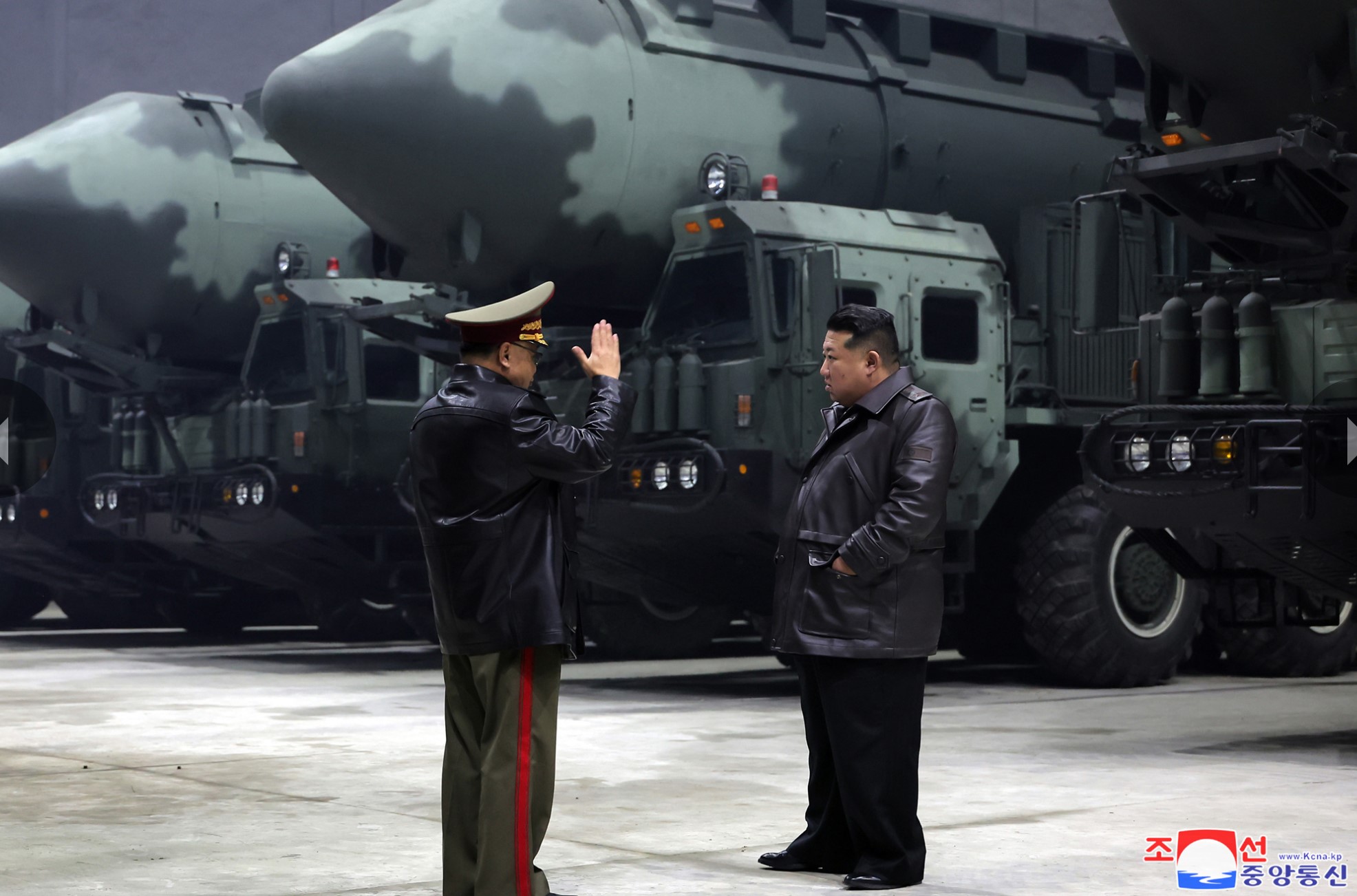
The Koreas
On Monday, The Grayzone broke news that the IAEA had been infiltrated by a British intelligence officer named Nicholas Langman, who boasted in a bio and CV leaked to the investigative outlet about how his coordinated influence over the IAEA and its international partners “enabled [the] major diplomatic success of [the] Iranian nuclear and sanctions agreement,” of 2012.
The day before Israel launched its sneak attack, the IAEA voted to label Iran as being non-compliant with its agreements under the United Nations Non-Proliferation Treaty (NPT), and released a report that Common Dreams wrote included recycled claims against Iranian complicity dating back to 2018, when an inspection had been scrutinized as a potential Israeli intelligence operation, in part because it was Israeli intelligence that provided the questionable evidence to the IAEA that led to the inspection.
Following the June 13th attack, which killed 9 Iranian nuclear scientists, Tehran filed a complaint with the UN Secretary General’s Office claiming that the IAEA had shared the positions of these scientists with the Israelis. Tehran has previously accused the IAEA of supporting Israel and the US against Iran’s nuclear energy program and national interests, and will not be at all surprised to hear it had been infiltrated by Langman as far back as 2010.
If Pyongyang needed any more reasons to distrust the UN led non-proliferation efforts, this would certainly be fuel for the fires of regime paranoia. North Korea is the only nation to have been in the NPT and then left it to pursue nuclear weapons, which they first tested underground in 2006.
Previous efforts to achieve denuclearization of the Korean Peninsula have all failed due to the North’s perception that to do so risks inviting attack, as its officials state on the rare occasions that they give statements to foreign outlets.

Contrasting opinions in the South over the bomb will undoubtedly intensify. Those favoring non-proliferation will point to how the so-called “12 Day War” demonstrated that nuclear ambitions attract the attention of hostile neighboring states. Those favoring proliferation—and there many in South Korea who do—will see in the 12 Day War the example of a non-nuclear nation being attacked by a nuclear state precisely because it didn’t possess nuclear weapons to defend itself with.
“Recently, many in Seoul have pushed for renegotiation of the 123 Agreement to change this, so that South Korea could “sprint” to the bomb if the security environment deteriorates further,” wrote Joel Petersson Ivre, a policy fellow at the Asia-Pacific Leadership Network in Seoul, for The Diplomat. “South Korean policy elites have said that a withdrawal of the US security umbrella would be the most likely trigger”.
The newly-elected President Lee Jae-myung, his administration, and his party, oppose both nuclear latency and nuclear armament, “but the underlying structural drivers of South Korean proliferation have not gone away with the departure of the Yoon administration, which was far keener to pursue it,” Ivre adds.
His final analysis is a far-sighted one. The US has, arguably for the fourth time this century, once again used chemical and nuclear accusations, and the subsequent invocation of non-proliferation, as the justification to attack a state. Two of those four—Libya and Iraq—it destroyed. However, included in those accusations were civilian nuclear energy programs. North Korea’s only allies are the Russians and Chinese, who may use a similar justification if Seoul or Japan was to begin enriching uranium in the way Iran has to establish a nuclear deterrent.
“The Israeli and American counter-proliferation strikes also provided political ammunition for adversaries like North Korea and China to justify coercive, even military, measures against any serious move toward indigenous nuclear weapons programs in South Korea or Japan,” Zhao Tong, a senior fellow with the Nuclear Policy Program at the Carnegie Endowment for International Peace told South China Morning Post.
Lyle Goldstein, director of Asia Engagement at US-based think tank Defense Priorities, added that the non-proliferation framework would “inevitably suffer a blow since all signatories are entitled to develop nuclear power for peaceful purposes”.
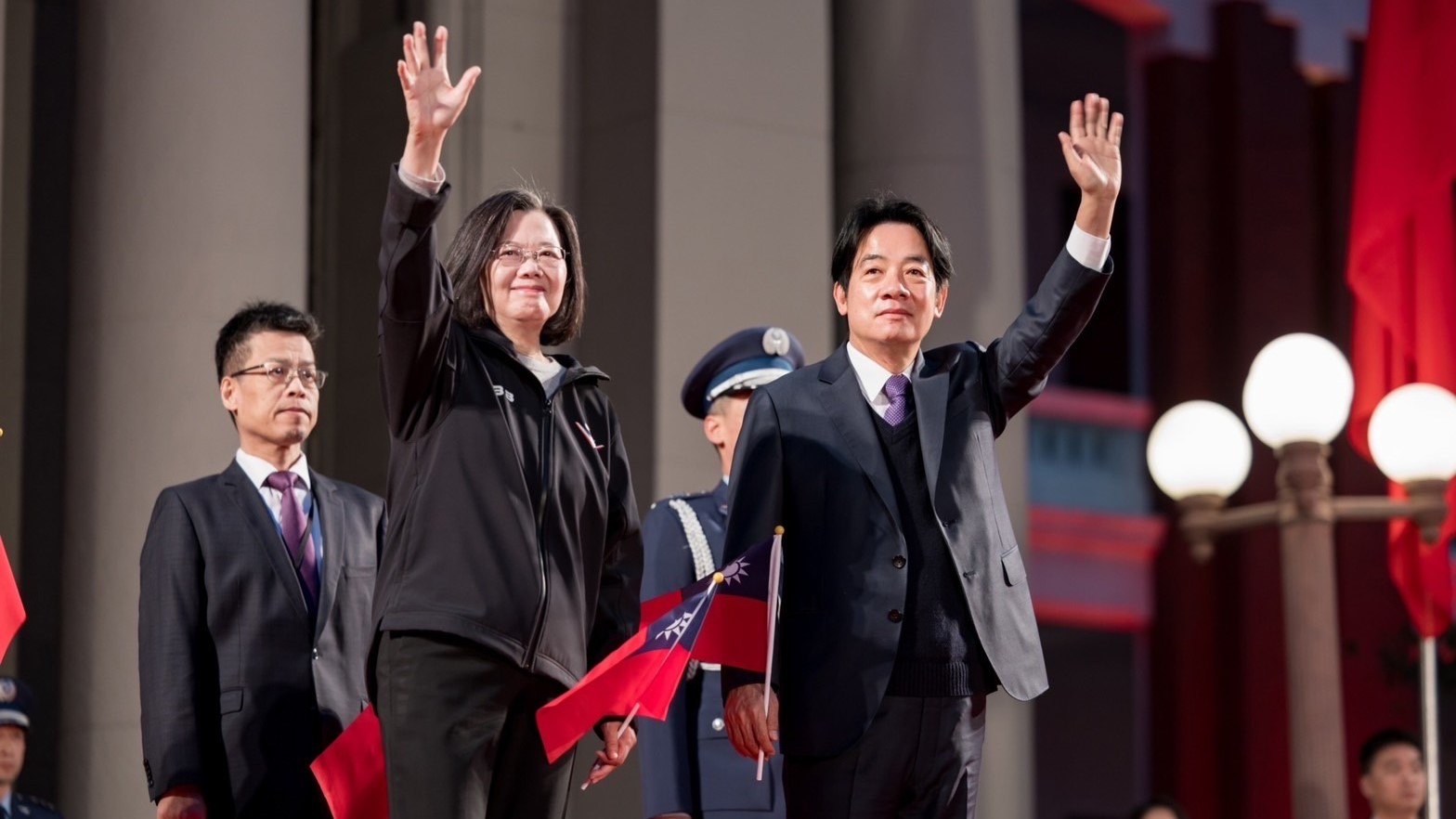
China’s many fronts
In 2021, shortly after receiving credit for facilitating the reestablishment of relations between Iran and Saudi Arabia, Beijing made a colossal commitment to relations with Iran in the form of a $400 billion, 25-year strategic partnership to secure a steady supply of oil in addition to a hard focus on trade, investment, energy, infrastructure, and even military cooperation with the country.
Yet one sees the difference in military cooperation as defined by the US and China: the US went to war on behalf of the Zionists in Israel against Iran, China’s new ally, while China did not so much as send a visiting dignitary to Tehran. It lodged no meaningful complaints or protests beyond the regime’s typical strong language of condemnation against the US for violating international law.
“China’s foreign policy is still on training wheels,” argues Bonnie Girard, an American entrepreneur who helps foreign companies successfully enter the Chinese market. “The Chinese Communist Party lacks the real-world experience with and exposure to the rest of the world to be able to successfully read the room or respond to it appropriately—at least at the rapid-fire pace necessitated by a crisis”.
Indeed, she wrote in The Diplomat, Iran’s foreign minister arrived in Moscow, not Beijing, for his first post-war trip; an action that is alone perhaps enough to hint at who Tehran feels is its most likely defender. Under Xi’s leadership, the Chinese have expanded foreign direct investment into Asian neighbors enormously and in all directions, yet Girard’s point that the regime has no experience in going to bat with force of behalf of those commercial and political interests is something leaders in the CCP must be considering.
More positively for Beijing will be the incredible demonstration of how a well-run intelligence network can aid in a surprise attack. The Iranian regime has been persecuting hundreds on espionage charges in the wake of the Israeli intelligence service’s contributions, which included aiding in the precise targeting of key members in the IRGC chain of command, as well as the political regime. President Trump claimed to know where the Supreme Leader Ayatollah Ali Khamenei was sheltering, intelligence likely provided by the Mossad, whose infiltration has left dozens executed by the Iranian judiciary.
If Beijing was to try and take Taiwan by force, which the regime no longer rules out, such infiltration would likely prove a huge asset—one that it may already have.
“If Beijing can obtain real-time intelligence on the movements of top leaders and military commanders, it could use that to disrupt or neutralize the chain of command at the outset of a conflict – damaging morale and potentially forcing a surrender,” said Zivon Wang, a military analyst at the Chinese Council of Advanced Policy Studies, a think tank in Taipei.
SCMP reports that espionage trials are mounting in Taiwan, as various aides to President William Lai and National Security Council Secretary General Joseph Wu have all come under investigation for sharing sensitive state secrets and information with mainland Chinese handlers. One of the four has been accused of using a non-encrypted channel to send William Lai’s personal appointment schedule to those handlers that outlined a trip to Paraguay, as well as dates of unannounced meetings with political allies, business leaders, and key influencers.
According to statistics from Taiwan’s National Security Bureau cited by SCMP, 159 people have been indicted for spying for Beijing since 2020. Nearly 60%, or 95 individuals, were either active-duty or retired military personnel. “In 2024 alone, 64 people were charged, a marked increase from 48 the previous year. Among them were 28 active-duty officers and 15 retirees”.
“The frequent surfacing of Chinese spy cases in Taiwan suggests that China’s espionage network here is watertight – they have developed a highly effective system to lure certain Taiwanese people to do the job,” Huang Huei-hua, director of the Taiwan Global Talk think tank, told the Hong Kong outlet. “Every spy arrest ratchets up the pressure – it’s a vicious cycle that continues to destabilize”.
On one occasion, three military police officers who had been assigned on a 10-man security detail to President Lai were sentenced to prison for passing information to Beijing.
The echoes of the events between June 13th and June 22nd, positive and negative, destructive and constructive, have likely already spread far and wide throughout the world, affecting policy decisions in capitals and conference rooms. With US intelligence assessments reckoning that Iran could resume uranium enrichment within three months, and with Tehran withdrawing from the IAEA, the brief war has undoubtedly failed to make Israel more safe; the same is likely true for the rest of the world. WaL
We Humbly Ask For Your Support—Follow the link here to see all the ways, monetary and non-monetary.
PICTURED ABOVE: Secretary of Defense Pete Hegseth and Chairman of the Joint Chiefs of Staff Gen. Dan Caine conduct a press briefing at the Pentagon. PC: Kashif Basharat, Department of Defense.
